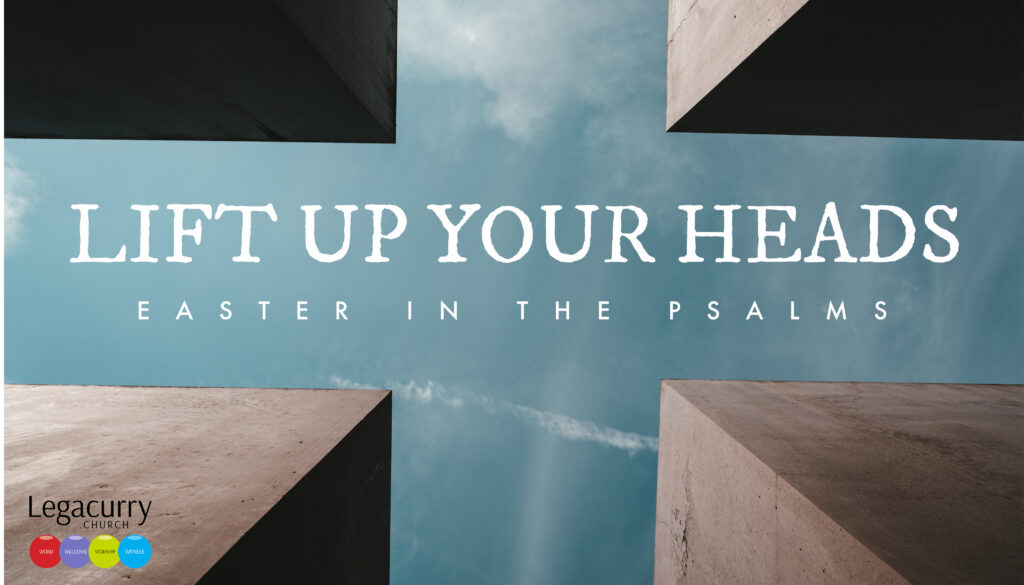
The late J.I. Packer once observed the rise of what he called ‘Hot-Tub Religion.’
The other day I was one of a crowd who spent much of a wet Saturday afternoon in a hot tub. …
As I sat there savoring hot tubness, cracking small jokes and adjusting to the feel of being bubbled over from all angles, it struck me that the hot tub is the perfect symbol of the modern route in religion. The hot tub experience is sensuous, relaxing, floppy, laid-back: not in any way demanding, whether intellectually or otherwise, but very, very nice, even to the point of being great fun.
Many today want Christianity to be like that, and labor to make it so. As I hot tubbed on, slumping deeper into uninhibited floppiness, I saw why the chromium-plated folk-religion of which I am speaking has gained such a hold. Modern life strains us. We get stimulated till we are dizzy. Relationships are brittle; marriages break; families fly apart; business is a cutthroat rat race, and those not at the top feel themselves mere cogs in another’s machine. Automation and computer technology have made life faster and tenser, since we no longer have to do the time-consuming routine jobs over which our grandparents used to relax their minds.
We have to run more quickly than any generation before us simply to stay where we are. No wonder that when modern Western man turns to religion what he wants is total tickling relaxation, the sense of being at once soothed, supported and effortlessly invigorated: in short, hot tub religion.[1]
With all of the pressures pushing into us at the minute, maybe a hot tub sounds perfect? Perhaps the good life, for us in this particular moment, feels like it would be soothing, supporting, and invigorating? Maybe when we think about God, all we want, or can handle, is someone to make life just that little bit easier or more comfortable?
We know that God is the God of all comfort (2 Cor. 1:3-9). We know that when we come to Jesus, he promises to give us rest (Matt. 11:28). Yet, isn’t there a real difference between knowing that God gives us comfort and rest when we need it, and only being interested in him for the comfort and rest that he can give us? Should we strive for more?
What is the good life?
What is a life worth living?
What does it look like to follow God in these strange and difficult times?
Easter in the Psalms
This Easter, we’re encouraging each other as a church family to spend some time in the Psalms. As well as these blogs we are basing our Wednesday ‘A Time to Pray’ resource on a Psalm each week, we’re encouraging you to read through the Psalms listed in the PCI ‘For Now’ booklet you received, and for four weeks over Easter we’ll be preaching from Psalms that point us to the Easter story. But why the Psalms?
It’s because the Psalms show us what the good life really is. The Psalms show us what a life worth living looks like. The Psalms help us to know what it looks like to follow God in strange and difficult times.
Martin Luther called the Psalms a ‘handbook for the Christian Life.’ This is a really helpful way to view them. For thousands of years God’s people have turned to the Psalms and found there hymns and poems and songs that speak to every circumstance in life, both good and bad. The Early Church Father Athanasius wrote that, ‘Whatever your particular need or trouble, from [the Psalms] you can select a form of words to fit it, so that you … learn the way to remedy your ill.’[2] Tim Keller wrote that ‘Psalms, then, are not just a matchless primer of teaching but a medicine chest for the heart and the best possible guide for Christian living.’[3]
The Good Life
Right at the beginning of the Psalms we see what the good life really looks like:
Blessed is the one
who does not walk in step with the wicked
or stand in the way that sinners take
or sit in the company of mockers,
but whose delight is in the law of the Lord,
and who meditates on his law day and night. Psalm 1:1-2
The Psalter makes the case that the good life is the life that is orientated on God and his law. The one whose head is not down but lifted up towards the Lord. The Good Life isn’t sitting in a Hot-Tub wanting nothing other than relaxation, comfort, and pleasure. The Good Life, a life which is abundant and truly happy, is a life that turns to God even when our circumstances are difficult and life is hard. Don’t settle for a hot tub when true delight can be found.
So turn to the Psalms this Easter. Read the honest and authentic ways that God’s people have wrestled with life’s joys and difficulties. Lift up your head, weary though it may be, and find true delight in the Law of the Lord.
[1] J.I. Packer, Hot-Tub Religion: and other thoughts on Christian living in the material world (Tyndale House, 1987).
[2] Quoted in Gordon Wenham, The Psalter Reclaimed: Praying and Praising with the Psalms (Crossway, 2016), 15.
[3] Timothy and Kathy Keller, My Rock, My Refuge: A Year of Daily Devotions in the Psalms (Hodder & Stoughton, 2015), viii.


